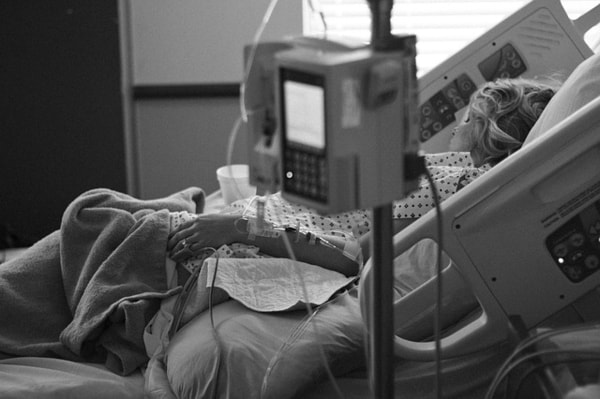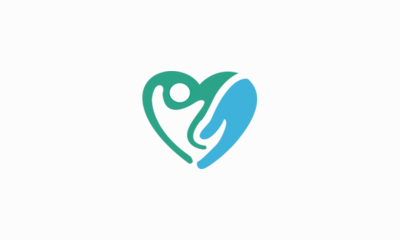As people age, we often lose a lot of the independence we took for granted when we were young. Physical and neurological health problems can limit a person’s ability to live on their own, and issues like dementia can impact things like situational awareness and decision making.
All of these things make senior citizens unusually vulnerable to abuse. Abusers can be friends, family members, or staff at assisted living centers and nursing homes. It’s uncomfortable to think about, but the sad truth is that elder abuse does happen. The abuse can be physical, sexual, or even psychological.
Seniors can sometimes have trouble reporting the abuse on their own, or adequately communicating to others that it’s happening. Sometimes it’s due to things like dementia, or language impairment caused by a stroke. It may also be purely psychological, an effect of threats by the abuser, of denial, or even of shame.
Financial abuse is also a serious problem that affects seniors. Financial abuse happens when a person they know — a supposed friend, a neighbor, even a family member — starts taking advantage of the person for their own financial gain. This can involve things like forging signatures on checks, coercing the senior into giving them money, or stealing money or property.

Elder Abuse Reporting
There are organizations to which you can report elder abuse, if you suspect that it’s occurring. The resources available to you will vary from state to state.
If there’s an immediate emergency, you can call 911 or the police. But in most cases, you’ll want to call one of the many elder abuse hotlines.
Here’s a list of the hotline numbers in each US state.
This will often relay your report to adult protective services. These are local or state social services programs that help ensure the welfare and wellbeing of adults, including elders, people with special needs, and even domestic abuse survivors.
Here’s a basic rundown of what may happen when you file a report via a hotline.
- You’ll be prompted to provide any relevant details about the abuse.
- The resulting report will be evaluated by a trained professional, to determine whether it meets the criteria for APS services in the city or state in question. APS deals with abuse, exploitation, and neglect, all of which have specific definitions in this context.
- If the criteria are met, APS will arrange for a social worker to meet with the victim face to face.
- The social worker will determine what services APS can offer to help protect the senior and ensure their wellbeing.
How to Tell if an Elder is Being Abused
Many people are initially hesitant to believe that abuse is occurring, or wonder if they should report it.
Elder abuse is likely, and should be reported to the relevant authorities, if:
- The person is unusually depressed and withdrawn
- The person has unexplained physical injuries, like bruises and cuts
- The person has unexplained genital injuries or infections, without a prior history of such
- There is bruising around the person’s thighs and genital area.
- Marks are visible from ropes or restraints used on the person
- There is evidence of undermedication or overmedication
- The person is allowed to live in unsanitary or dangerous conditions
- Bedsores are present
For more information, visit the Senior Care Center’s Help and Advice page to learn more about elder abuse and elder law.




